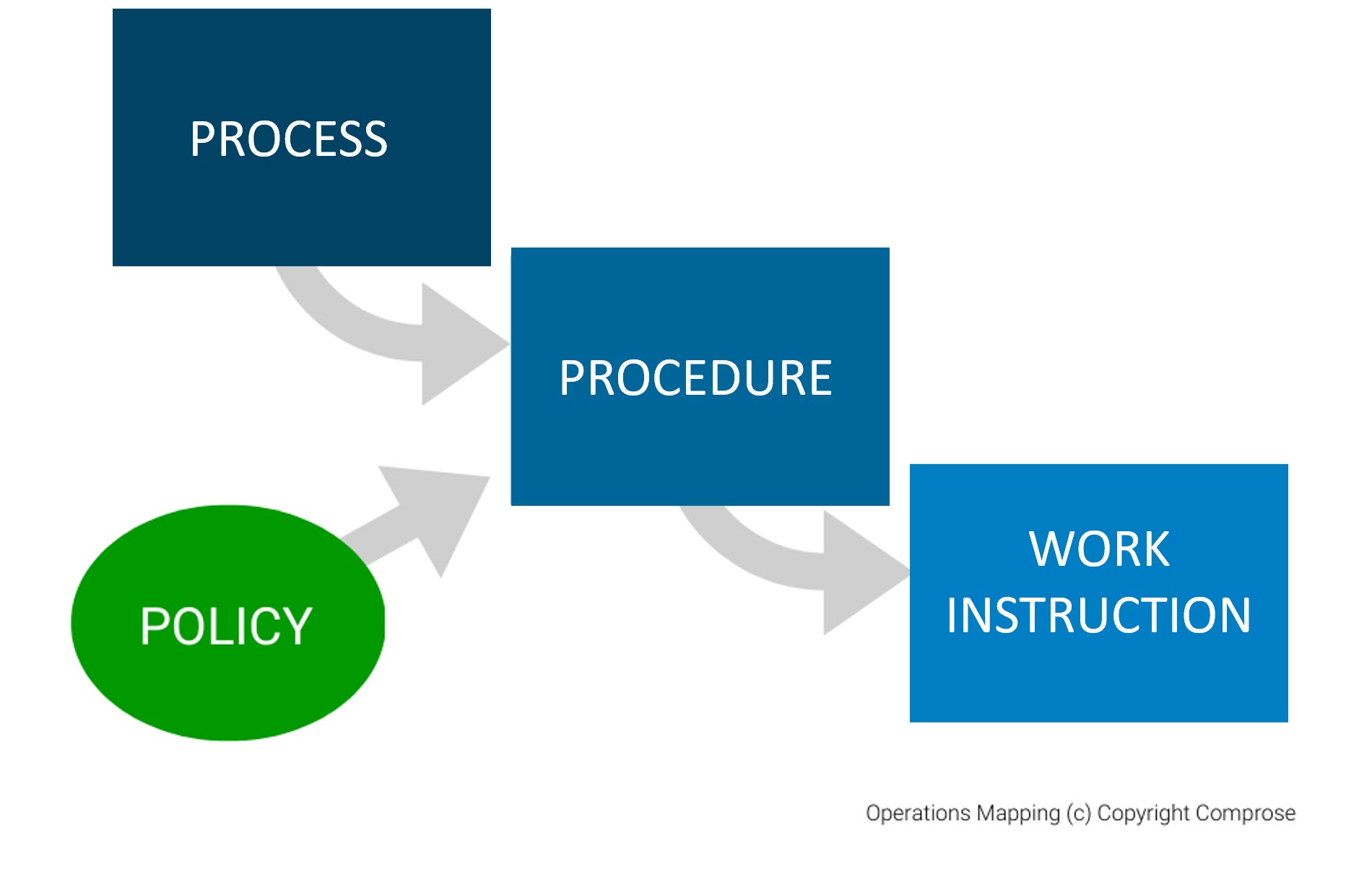13 Policy Management Best Practices
Policies are the backbone of any organization, providing guidelines and standards that shape operations, ensure compliance, and promote consistency....

Policies are the backbone of any organization, providing guidelines and standards that shape operations, ensure compliance, and promote consistency....

Every day, we hear from new prospects tired of the status quo with their policies and procedures and looking for a better way to manage and...

In any organization, well-written and well-communicated work procedures are crucial for ensuring consistency, efficiency, and quality in day-to-day...

When writing processes, policies, procedures, and work instructions, everyone knows that giving employees access to clear documentation – and at the...

Refining business operations, changing regulatory requirements, or threats to information security are just a few reasons you may be looking for tips...

Two common mistakes people make when writing policies and procedures involve opposite sides of the same coin - not enough detail or too much detail....

Throughout our 30+ year company history, we have witnessed over and over how clearly communicated systems, standard operating procedures (SOPs) and...

For over 30 years, Comprose has worked with organizations across all industries — commercial banks, credit unions, hospitals, labs, government...

If your method for developing SOPs, policies and procedures, and work instructions is MS Word® or MS Excel®, you may be unaware that there is a...

Deciding how and when to repeat information is a common problem people face when writing policies and procedures. Obviously, being concise is...

Keeping employees compliant with regulations is a huge challenge for many of our customers. Every time they turn around, it seems there is a new law...

One of the biggest reasons most corporate procedures collect dust and don’t get used is that people sit down and just start writing without taking...

Complexity and heavy regulatory oversight make developing effective policies and procedures in banking a special challenge. Here are five tips for...

A key element you should keep in mind for writing good procedures is paying attention to the order in which you present information in your document....

Are you considering buying boilerplate policy and procedure manuals? The answer depends on your situation and business needs. There are tons of...